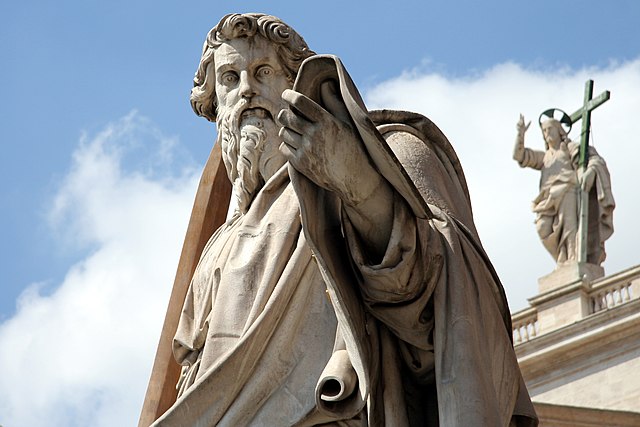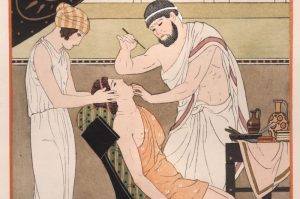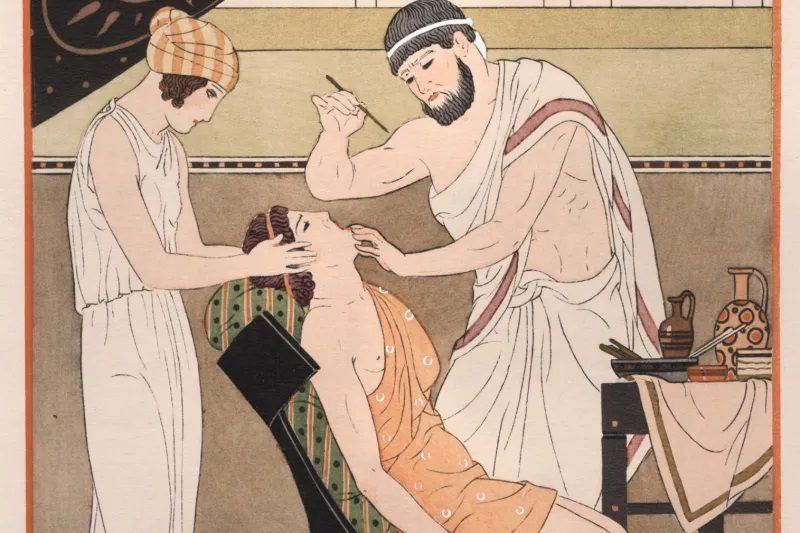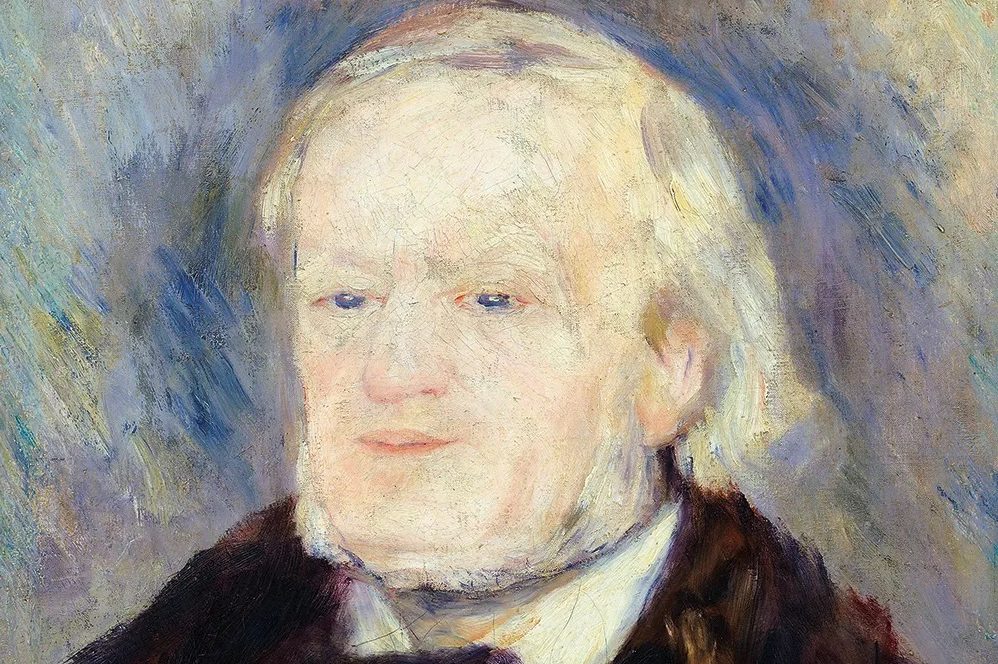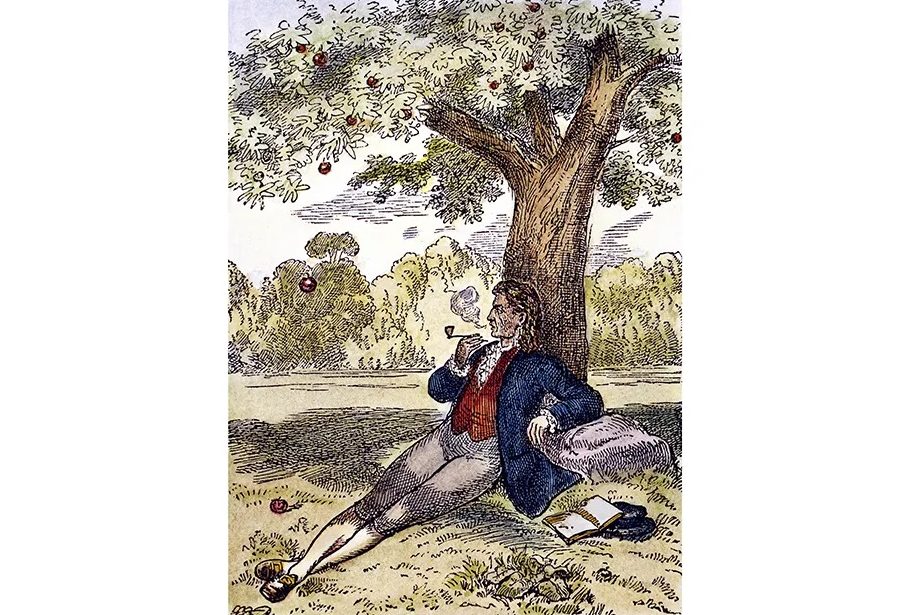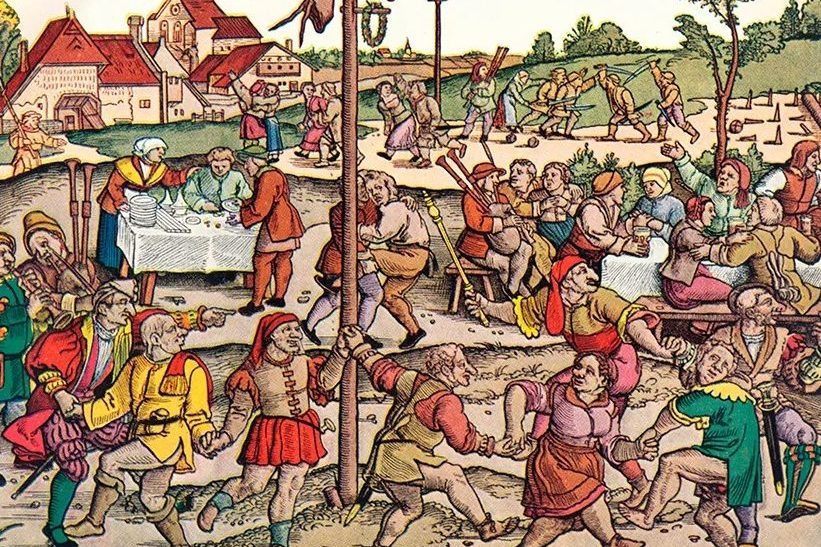Hope is seen as “an unqualified good” today, Adam Potkay writes in his excellent history of the idea. We hope that things will get better in the world — that peace will come to Ukraine, that religious violence will stop in Burkina Faso, that fat-cat sexual predators in Hollywood will be brought to justice. For members of the world’s three monotheistic religions, it is a virtue to hope in life after death.
This hasn’t always been the case. For ancient Greeks and Romans, Potkay observes, hope was mostly a vice. It was seen as “fundamentally deceptive,” Potkay writes, encouraging people to live in the fantasy of the future rather than in the reality of the present, and “morally corrosive” because “most things that most people hope for are or tend to be unworthy, unsatisfying, impious, and harmful.” Better to live in the present where we have some control over events than in an unreal future. As Horace puts in Ode 3:
Happy the man, and happy he alone,
He who can call today his own;
He who, secure within, can say,
Tomorrow, do they worst, for I have lived today.
Potkay, who is a professor of English at the College of William & Mary, became interested in hope during his wife’s terminal illness. Her initial diagnosis gave her a year to live. While friends continued to express hope for a recovery, “based on divine intervention or anecdotes about some other person who had, against the odds, outlived a diagnosis,” Potkay writes, “the improbability of any such event, and the empirical evidence of my wife’s decline, led us to eschew hopes or, in my wife’s case, worldly hopes.” He continues: “I found helpful the classical arguments against hope therapeutic . . . Monica, a devout Catholic, died with religious hope, and with tremendous composure… I started work in earnest on this book as a tribute to her.”
Potkay starts with Hesiod’s ambiguous depiction of hope in Works and Days. For Hesiod, hope is both a good and bad thing. It is a good thing to the degree that it motivates us to work for specific ends — in this case, working for a good crop. But “when divorced from striving,” it is bad. Hesiod writes, “The unworking man, who stays on empty anticipation, / needing substance, arranges in his mind many bad thoughts.” This is “empty hope,” Potkay argues, “a hope that something might come one’s way,” and it distracts one from “the necessity of provident labor.”
In Aeschylus’s Prometheus Bound, “blind hope” is given to humans so that they might forget death and commit themselves to projects that will outlast them. Without this, Aeschylus seems to suggest, there would be no civilization. Blind hope is good, then, but only to the degree that, like for Hesiod, it contributes in some way to living in the present. But for Pindar, Potkay writes, blind hope is associated with futility because, unlike the gods, humans do not have the power to do the things they hope to do. There is such a thing as a good hope according to Pindar, but it is one that focuses on what is possible and which provides “a necessary motive to competitive striving in athletics, war, and poetry.” It is “a mean or measure between two extremes: overconfidence, on one hand, and excessive caution, on the other.” “Shameless hope,” by contrast, “aims at what one doesn’t deserve and what one will never achieve.”
For Aristotle, hope was “a waking dream.” It is a species of imagination and most often finds its source in fear. In Rhetoric, Aristotle writes that “fear makes people turn to deliberation, and on one deliberates about a hopeless situation.” For the Stoics, hope is a passion and one that should be avoided since a good life is marked by a freedom from such imprisoning desires.
The apostle Paul is the first person to write about hope as an inherent good, but it is a hope in the world to come, not in the world that is. With the early work of William Wordsworth and the Romantics, Potkay writes, hope is seen not only as an inherent good but also one that frees us from experience rather than one that helps us to come to terms with it. This is a major shift, Potkay argues, in the understanding of hope in the West. For the Romantics a worldly hope that things will get better in the here-and-now, despite all evidence, is seen as a great good. Classical moralists would have called this what it is: a delusion.
Potkay goes on to discuss the work of Emily Dickinson, Dostoevsky, Kafka, Camus, Richard Wright, Samuel Beckett, and many others. Hope is a model of literary history. Potkay is a careful reader who makes fine distinctions, never forcing texts to say what they don’t, and provides sufficient detail without muddying key distinctions. He shows that as long as there are humans, there will be hope, and that this is both a gift and a curse.



